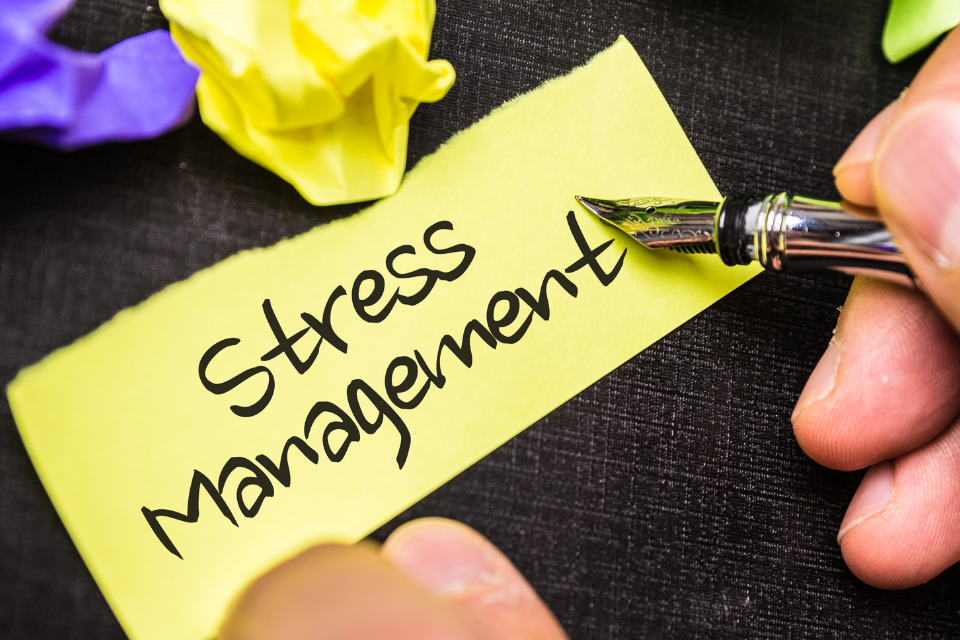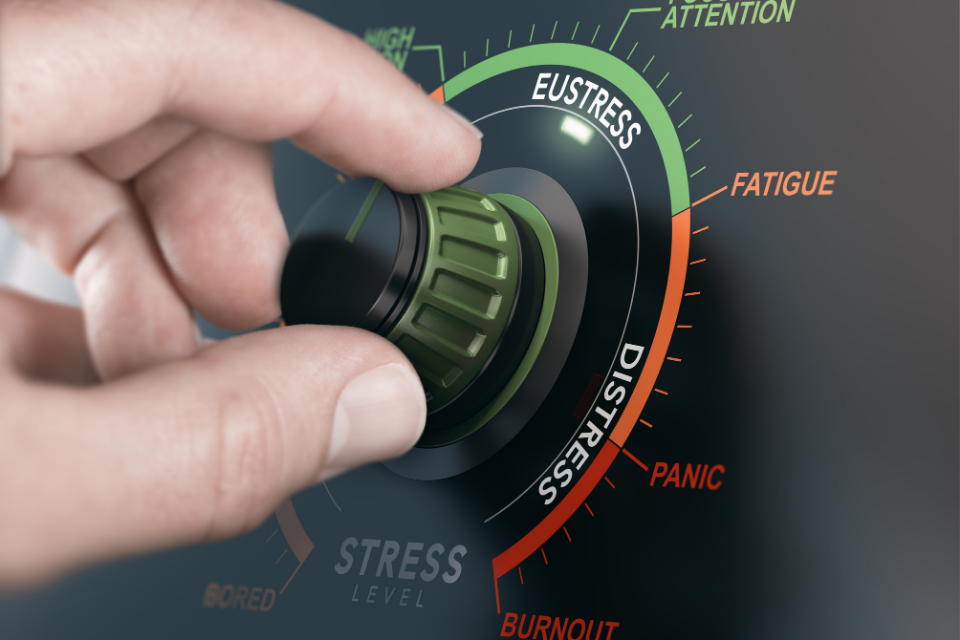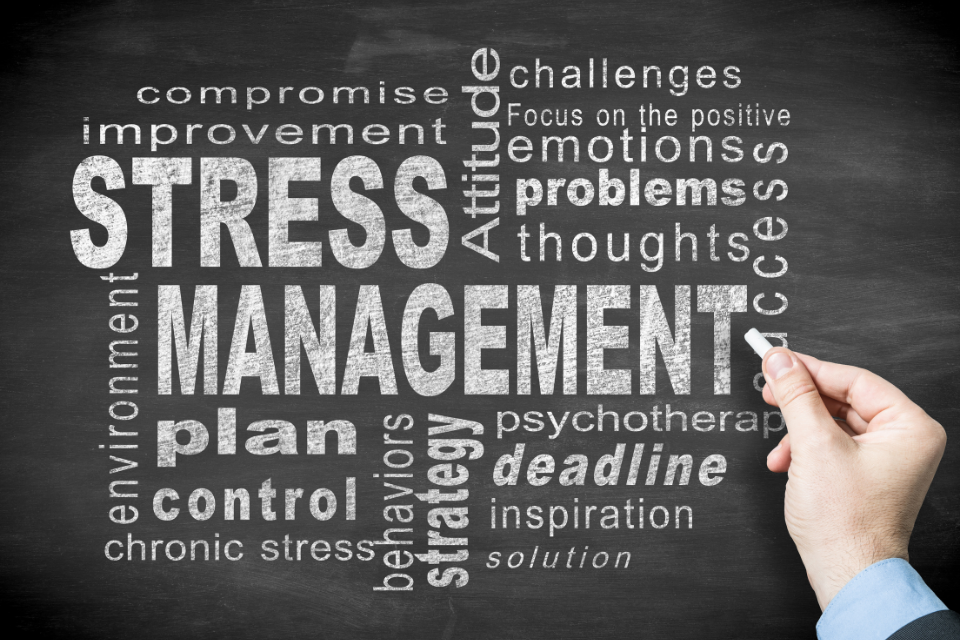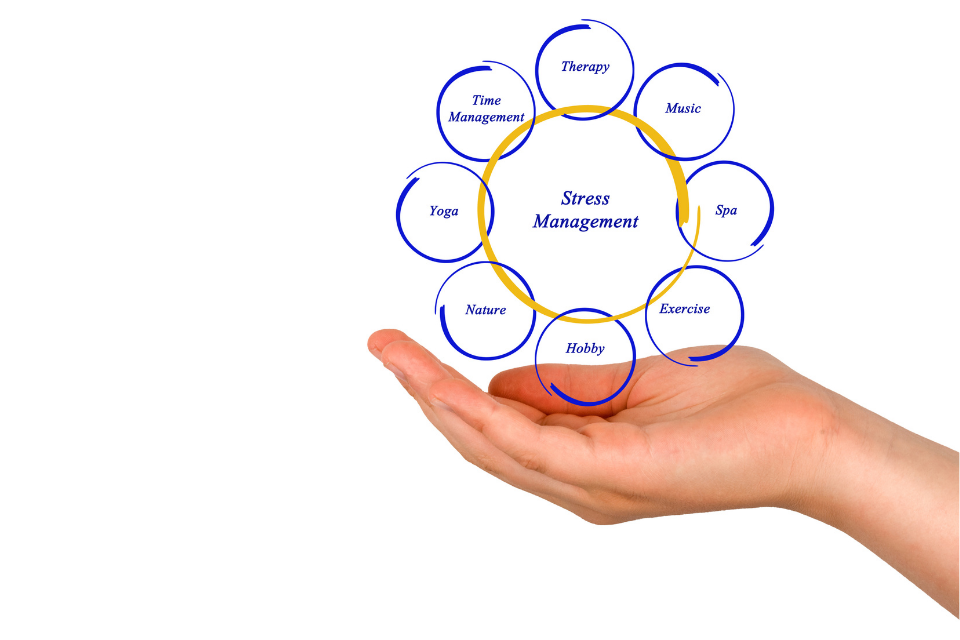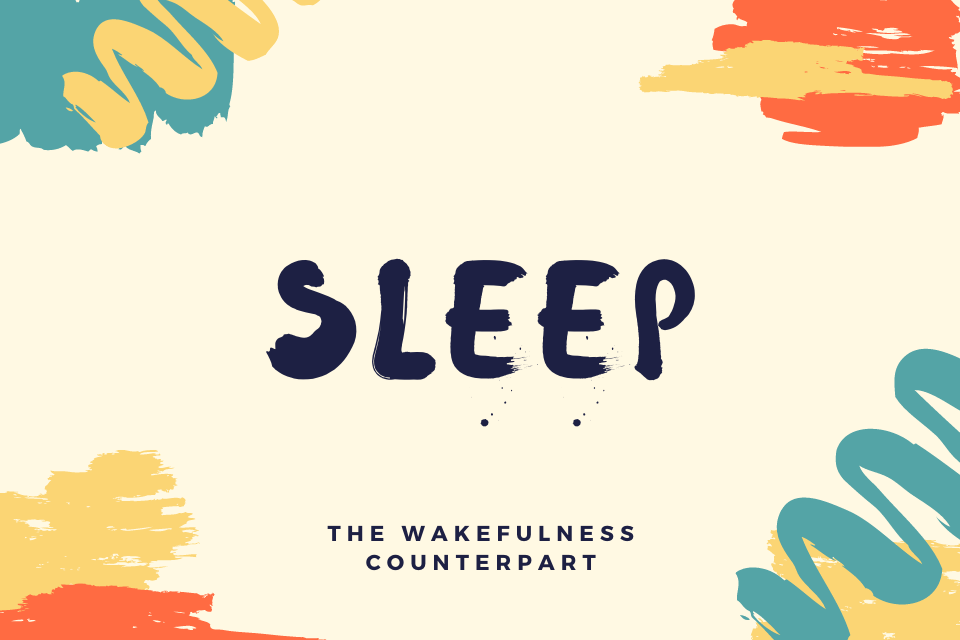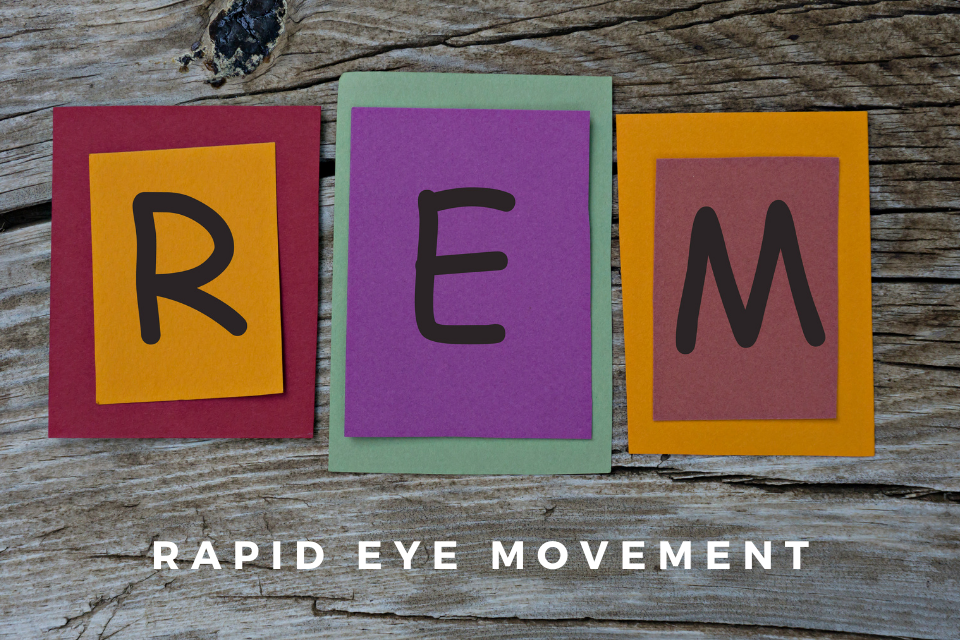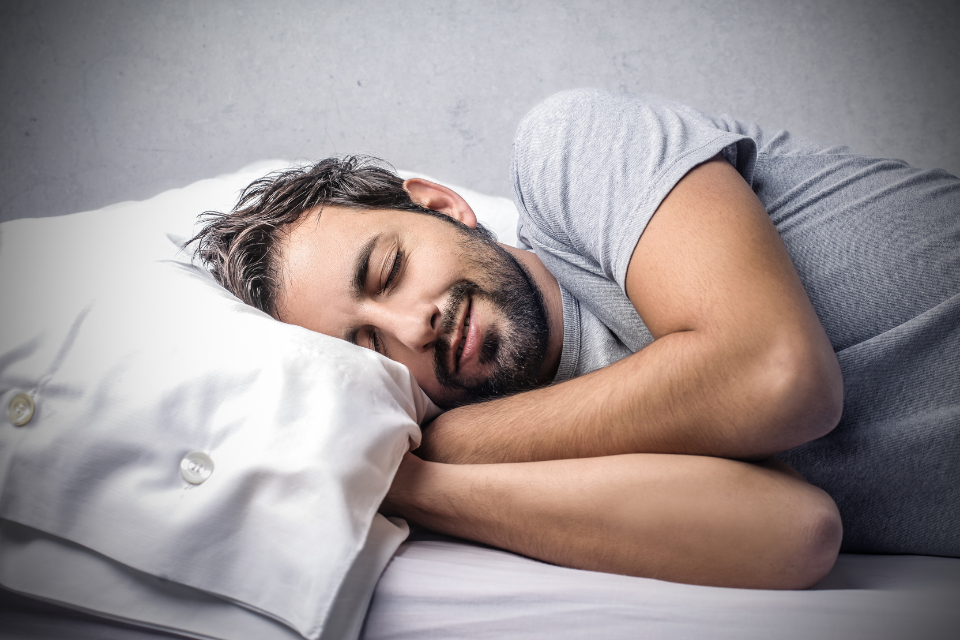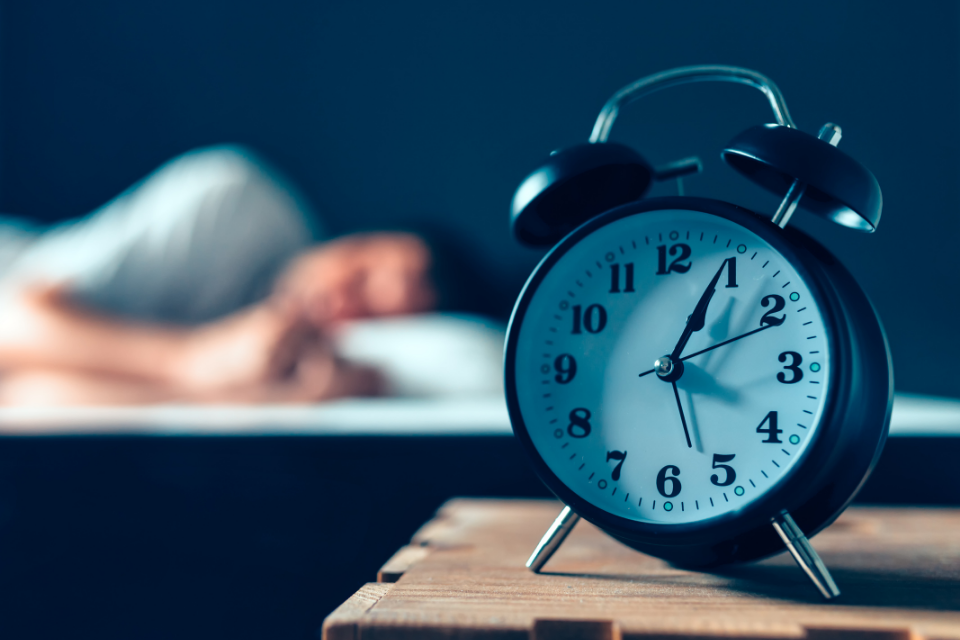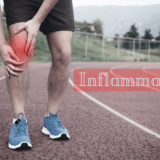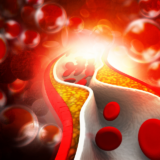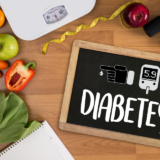Time being a precious commodity for all of us, regaining control of our health has never been more important. Sometimes we are so busy with our everyday lives that we forget to look after ourselves especially when it comes to managing our health. Much of the work we can do starts at home.
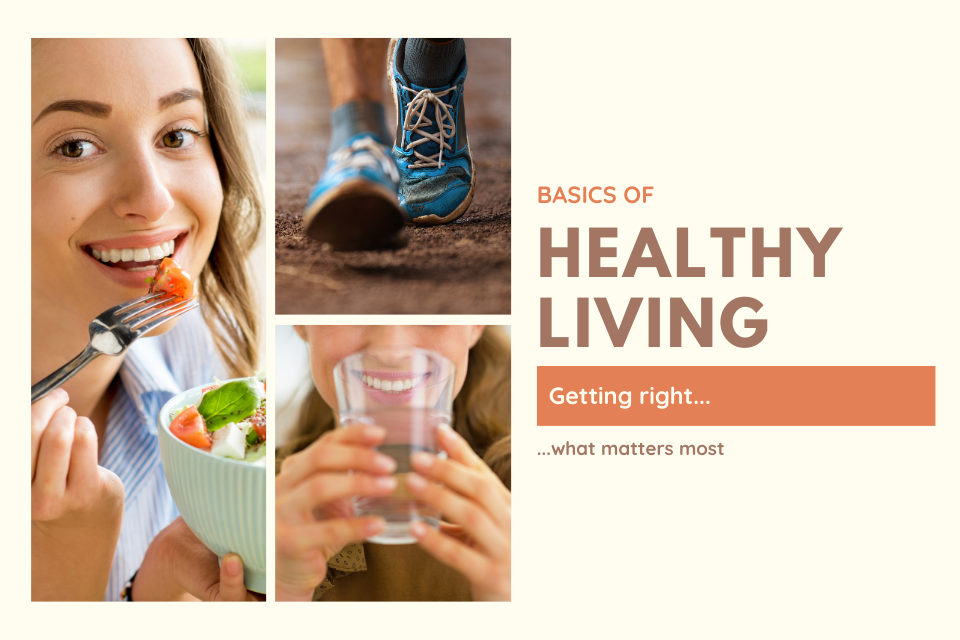
We are what we eat.
It is not about a single meal; it is about a balanced food choice over time that will make a difference. The food we eat can give our body the nutrients it need, make us feel good and protect our long-term health and well-being. The foods we choose are important, but so is the amount we eat. The number of kilo-joules (calories) we eat versus how many we burn by being physically active is one of the keys to keeping the body weight in check. Lots of “healthy foods” can have high levels of hidden salt and sugar we may need to watch out for. Aim for a balanced diet that includes all the main food groups, which has both physical and psychological benefits. When making healthy food choices, you are doing something positive for yourself and this can raise your self-esteem and improves mental health.


Balance is key when it comes to food and health. Eating well and staying healthy is a balancing act that takes effort and practice. Balance your weight by matching the food you eat with the physical activity you do. Energy we take in from what we eat and drink is measured in kilo-joules (KJ) and the number of kilo-joules needed is different for everyone. Balance the food you eat by eating mostly healthy foods your body needs. Make an effort to choose healthier foods more often to get the balance right.
Variety is the spice of life, and it’s certainly an important goal when it comes to eating well. Enjoy foods from healthy food groups every day to give your body the nutrients it needs. It is also good to enjoy a variety of different foods from within the food groups themselves to keep meals interesting and to give you a broad range of nutritional benefits. For most people, a healthy diet is high in vegetables, fruit, whole grains, and lean protein. Most people should also have some healthy fats, such as olive oil. Ask your HealthySpan consultant on what diet is right for you.
Think about drinks as drinks count: Choose those which can add nutrients (such as calcium from milk) and avoid or reduce those that just add kilo-joules we don’t need (such as sugar-sweetened drinks). Less sugar, more water.
Water is best, and drinking water is a healthy habit for the whole family. Avoid alcohol as no amount of alcohol is good for your health. Taking charge of your health is something you can do at any age, and can be as easy as starting your day off with a glass of water. Water first thing in the morning will also help re-hydrate you and will flush out toxins, leaving you feeling refreshed and energized to tackle the day ahead.
Stress – High levels of stress can lead to a number of serious health problems, so if you have a lot of stress in life, we strongly recommend reducing it. Managing your stress can be a gradual process. Introducing regular exercise to your lifestyle is a good first step, and trying to make more time for yourself can help, too. Incorporating a little exercise into your daily routine can reap countless benefits, even if it’s something as simple as walking.
Get enough rest.
Adequate sleep is a must for good health and helps in reducing stress and maintaining your overall health. Chronic sleep deprivation raises the odds for heart disease, diabetes, stroke, obesity, and many other sicknesses. Driving while sleepy is just as bad as driving drunk. If you don’t usually wake up feeling refreshed, try slipping into bed 15 minutes earlier every week until you do. Seven to eight hours a night is the average amount an adult needs to reboot both mind and body.
Mental health is just as important as physical health, so make sure to take time for yourself. Make time for a 20-minute bath before bed, which can help you feel more relaxed and better equipped to deal with the stresses of day-to-day life.
It is always beneficial for individuals to communicate, with friends, family members rather than distancing and getting slaved to hand held devices. Socializing is very important to manage and reduce stress. Stay in touch with family and friends. Be involved in your community. Maintain a positive attitude and do things that make you happy. Keep your curiosity alive. Lifelong learning is beneficial to your health.
Don’t do it alone. Whatever your health goals are, it will be far easier to reach them if someone has your back. That might mean finding an exercise buddy who meets you at the gym, asking a friend to go with you, or simply confiding in someone you trust about your current struggles so they can cheer you on along the way.
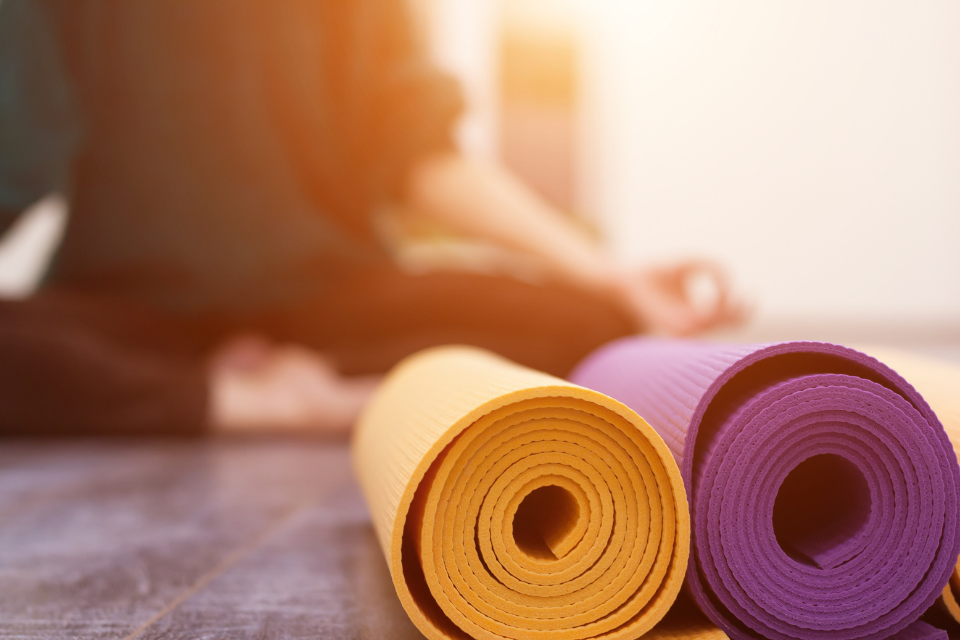
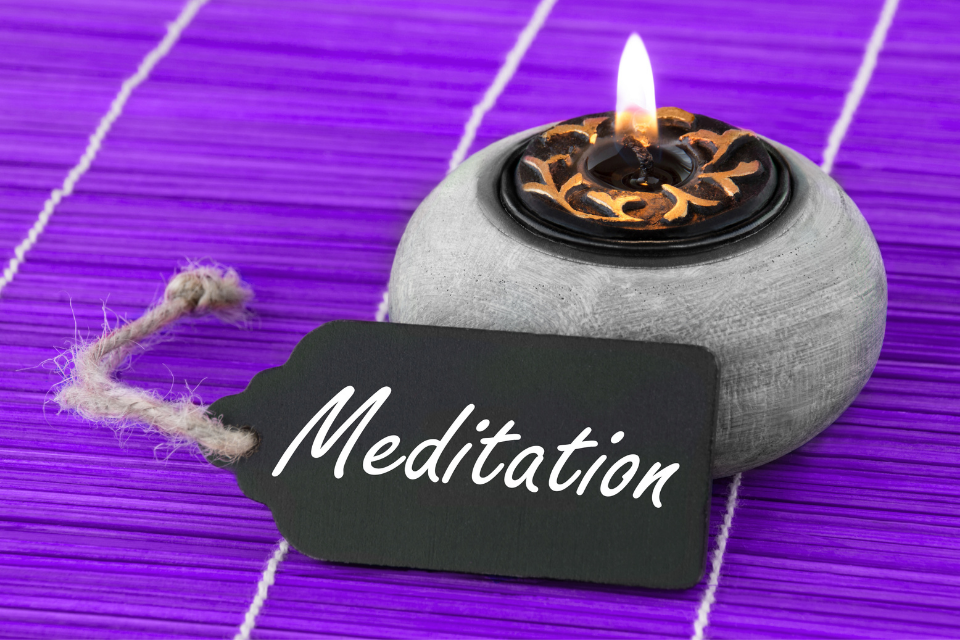
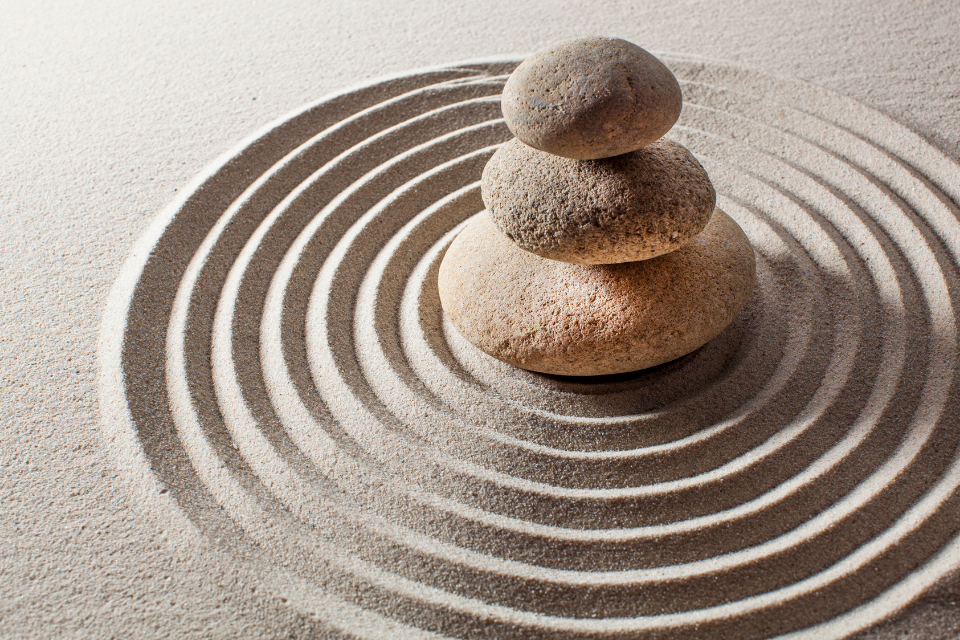
Exercise
Move more; sit less, that’s the physical activity guidelines in a nutshell
Adding moderate exercise into your daily life is not only good for mind and body, it can also be a great way to socialise and see friends. Choose an exercise that you enjoy and it is always beneficial to exercise with a friend or listen to music. Even moderate exercise has many benefits including helping you sleep better, boosting your energy and improving your mental, as well as physical, well-being. If you’re trying to reach a healthy weight, exercise will help. Note that any movement is better than nothing
The best approach is to start slowly and build up. Walking, swimming, dancing and yoga are all good ways to get moving and improve strength, stamina and flexibility. Few surveys have revealed that walking is the most popular form of exercise undertaken a few times a week .You’re actually getting, probably, 95% or more of the benefits when you’re walking as compared to jogging.
Be active through moderate exercise at least 30 minutes a day, five days a week. For instance, take a brisk walk. Once you reach that goal, add some strength exercises a few days each week. These build muscles. Also add some stretching exercises, these help you stay limber.
Few Keys to Good Health
Brush your teeth at least twice a day with soft or medium bristled toothbrush (once u wake up and before going to bed)
Stay up to date on vaccines. Grownups need shots, too. You should get a flu shot every year. Immunisation protects by helping to control serious infectious diseases.
Wash your hands. It’s one of the easiest and most effective ways to avoid catching whatever contagious bugs are going around. The key is to be thorough: After you lather up with soap, scrub your palms, the backs of your hands, between your fingers, and under your nails for at least 20 seconds
Give your skin access to healthy dose of the sun’s rays and you are likely to experience some tangible benefits immediately like increased Vitamin D, improved mood, higher quality sleep, stronger bones, lower blood pressure
Limit alcohol drinking. It’s true that moderate amounts of alcohol have been tied to some health benefits, like a lower risk of heart disease, but there are also serious downsides to drinking, such as a higher risk of cancer and liver disease. So you shouldn’t start drinking for the sake of good health.
Steer clear of smoke. Smoking doesn’t just hurt your lungs. It harms almost every organ in your body, making you a more likely target for cancer, heart disease, and other serious illnesses. Second-hand smoke is dangerous, too, and there’s no amount that’s “safe.” If you live with a smoker, support them in quitting or at least ask them to take it outside
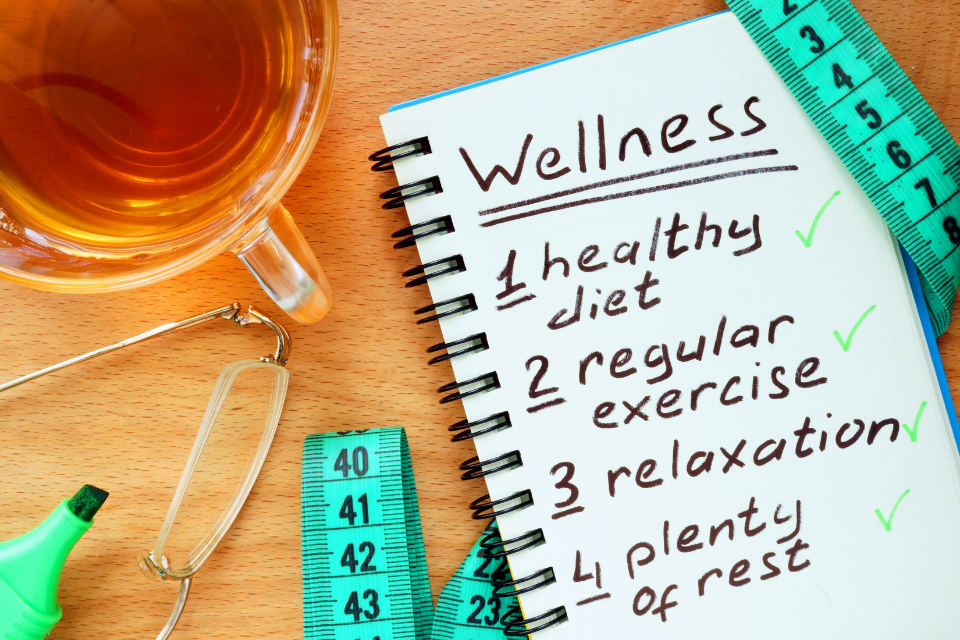
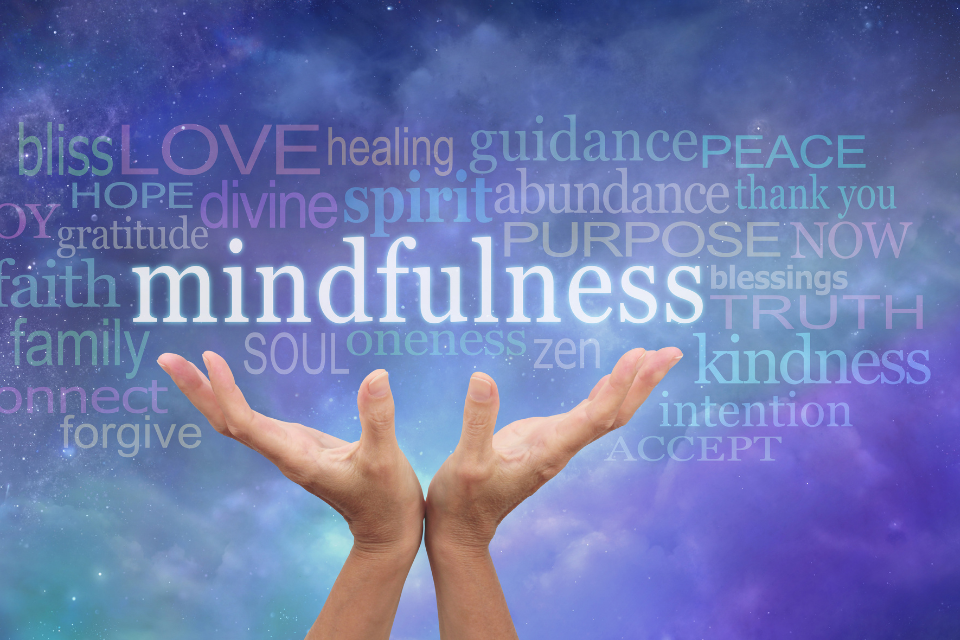
Take baby steps.
It’s tempting to overhaul entire lifestyle at once. But tackling too many health goals at once often backfires because change can be hard. To better your odds of getting and staying healthier, make a series of small changes and work your way up to a bigger end game. For instance, if you’d like to eat a more nutritious diet, focus on breakfast. Once you get used to that, think about how to improve your lunch menu.
Healthy habits can help you have a long, healthy and happier life.












